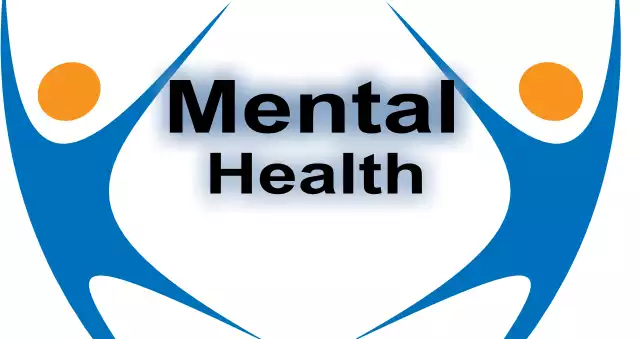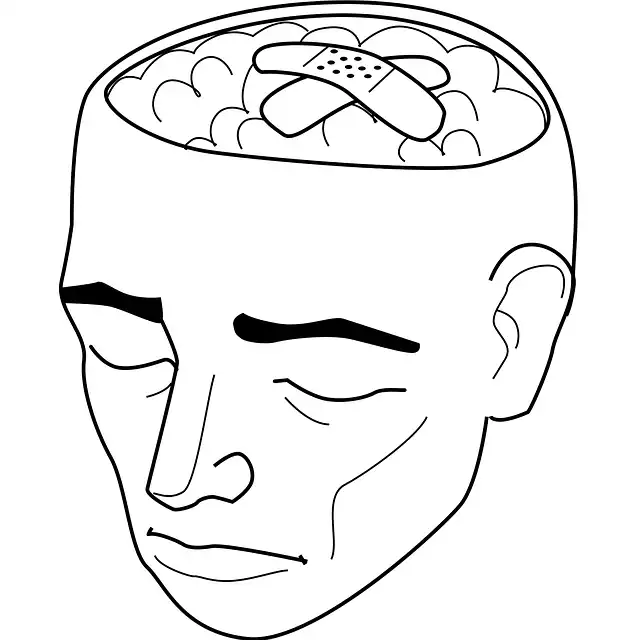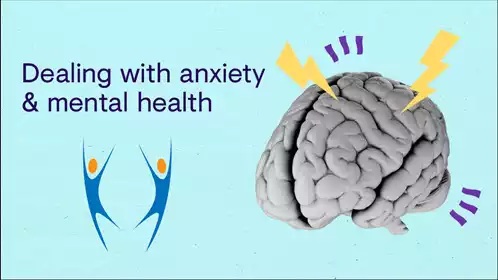Sound Mental Health
Mental illness and mental health are often confused, but they are actually different state of psychological well-being, mental illness refers to a wide range of conditions that can affect a person’s thoughts, emotions, and behavior.
The distinction between these two terms is crucial, as it highlights the importance of understanding mental health and its impact on individuals and society as a whole.
In this article, we will delve deeper into what Is A Mental Illness And What Is Sound Mental Health, the definitions of mental illness and sound mental health, exploring the key differences between the two and the factors that contribute to their development.
By gaining a better understanding of these concepts, you will be better equipped to recognize signs of mental illness and promote sound mental health in yourself and those around you.
So, let us begin by exploring the question: What is a mental illness, and what is sound mental health?
Table of Contents Sound Mental Health
Understand the difference between mental illness
To gain a better understanding of the difference between mental illness and sound mental health, it is essential to recognize the various factors at play.
Mental illness refers to a range of conditions that affect a person’s thinking, emotions, behavior, and overall well-being.
These conditions can be diagnosed by mental health professionals and may require medical treatment and therapy.
On the other hand, sound mental health refers to a state of well-being where an individual can cope with the normal stresses of life, maintain fulfilling relationships, and make positive contributions to society.
It is important to note that sound mental health is not merely the absence of mental illness, but rather a state of optimal psychological functioning.
Developing an understanding of these distinctions can help promote mental well-being and foster a supportive environment for individuals experiencing mental health challenges.
Recognize symptoms of common disorders
In order to support mental health and address potential challenges, it is valuable to recognize the symptoms of common disorders.
Anxiety disorders, such as generalized anxiety disorder and panic disorder, may manifest through excessive worry, restlessness, and difficulty concentrating.
Mood disorders, such as depression and bipolar disorder, may be characterized by persistent sadness, loss of interest in activities, and extreme mood swings.
Psychotic disorders, such as schizophrenia, can involve hallucinations, delusions, and disorganized thinking.
Eating disorders, such as anorexia nervosa or bulimia nervosa, may involve severe disturbances in eating patterns and body image.
Substance use disorders, including addiction to drugs or alcohol, can result in cravings, withdrawal symptoms, and impaired control over substance use.
Recognizing these symptoms and seeking professional help can play a crucial role in early intervention and promoting overall mental well-being.
Seek help from a mental health professional
If you are experiencing symptoms of a mental health disorder or finding it difficult to cope with daily life, it is highly recommended to seek help from a mental health professional.
They have the expertise and training to provide the necessary support and guidance you need.
A mental health professional can conduct a comprehensive assessment to accurately diagnose any potential disorders and develop an individualized treatment plan tailored to your specific needs.
Whether it is through therapy, medication management, or a combination of approaches, they can assist you in navigating the challenges you may be facing.
Remember, reaching out for professional help is a sign of strength and a proactive step towards improving your mental well-being.
Practice self-care and healthy coping strategies
Engaging in self-care and adopting healthy coping strategies are essential components of maintaining sound mental health.
Taking time for yourself and prioritizing activities that bring you joy and relaxation can help reduce stress and promote overall well-being.
This can include activities such as exercise, practicing mindfulness or meditation, engaging in hobbies or creative outlets, and spending quality time with loved ones.
Additionally, developing healthy coping strategies can provide you with effective ways to manage and navigate through challenging emotions and situations.
This may involve techniques such as deep breathing exercises, journaling, talking to a trusted friend or family member, or seeking support from a support group or therapist.
By actively practicing self-care and implementing healthy coping strategies, you are investing in your mental health and building resilience to better handle the ups and downs of life.
Educate yourself and reduce stigma
To further enhance your understanding of mental illness and promote a more inclusive society, it is important to educate yourself about various mental health conditions and reduce the stigma associated with them.
Take the time to read reputable books, articles, and research papers that provide accurate information about different mental illnesses.
This will enable you to develop a deeper empathy and compassion towards individuals who may be experiencing these challenges.
Additionally, strive to challenge any misconceptions or stereotypes you may hold by engaging in open and respectful conversations with others.
By actively seeking knowledge and promoting understanding, you can contribute to breaking down the barriers and stereotypes surrounding mental health, ultimately fostering a more supportive and accepting environment for those affected by mental illness.
Now that you have a better understanding of what constitutes a mental illness and what sound mental health looks like, it’s important to remember that mental health is just as important as physical health.
If you or someone you know is struggling with a mental illness, it is not a sign of weakness to seek help.
With proper treatment and support, it is possible to manage and overcome mental health challenges.
Remember to prioritize your mental well-being and seek help when needed.







